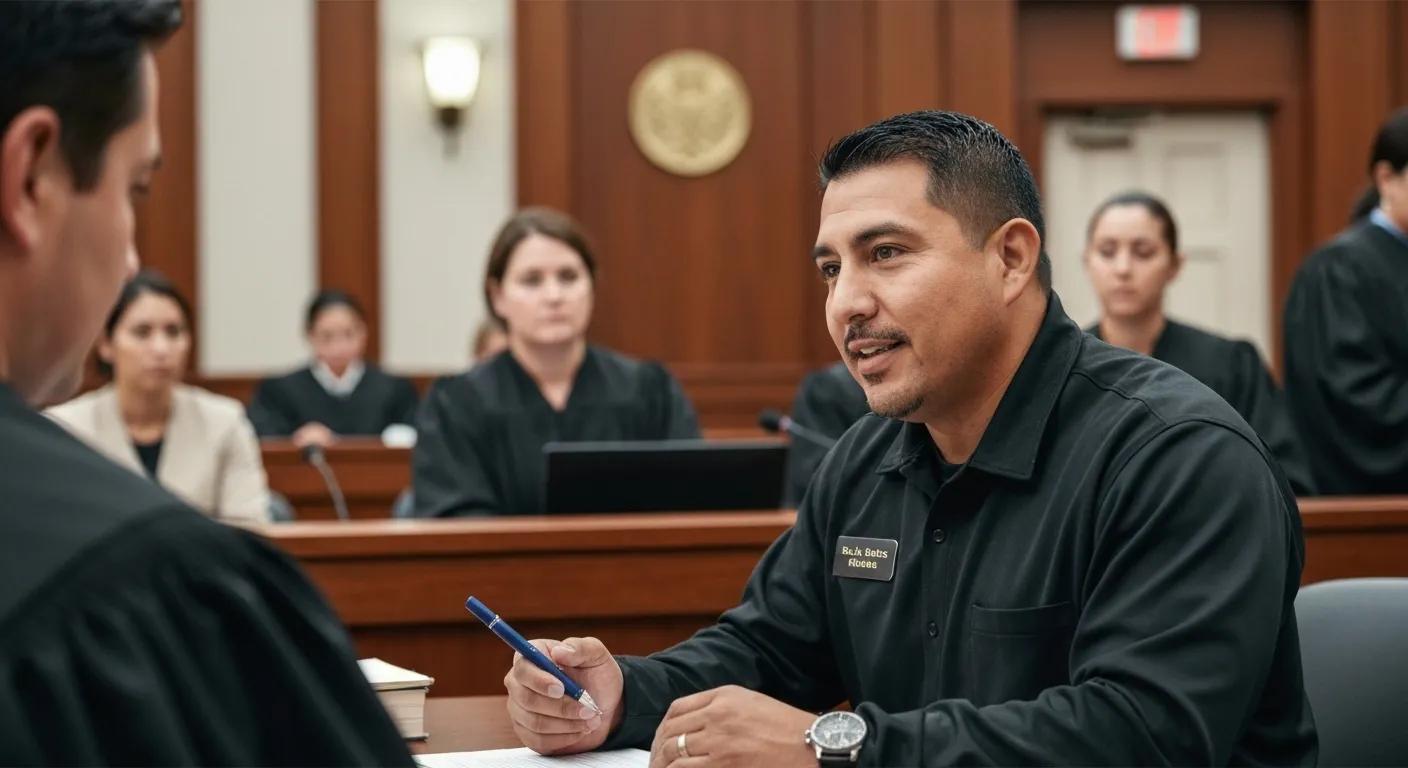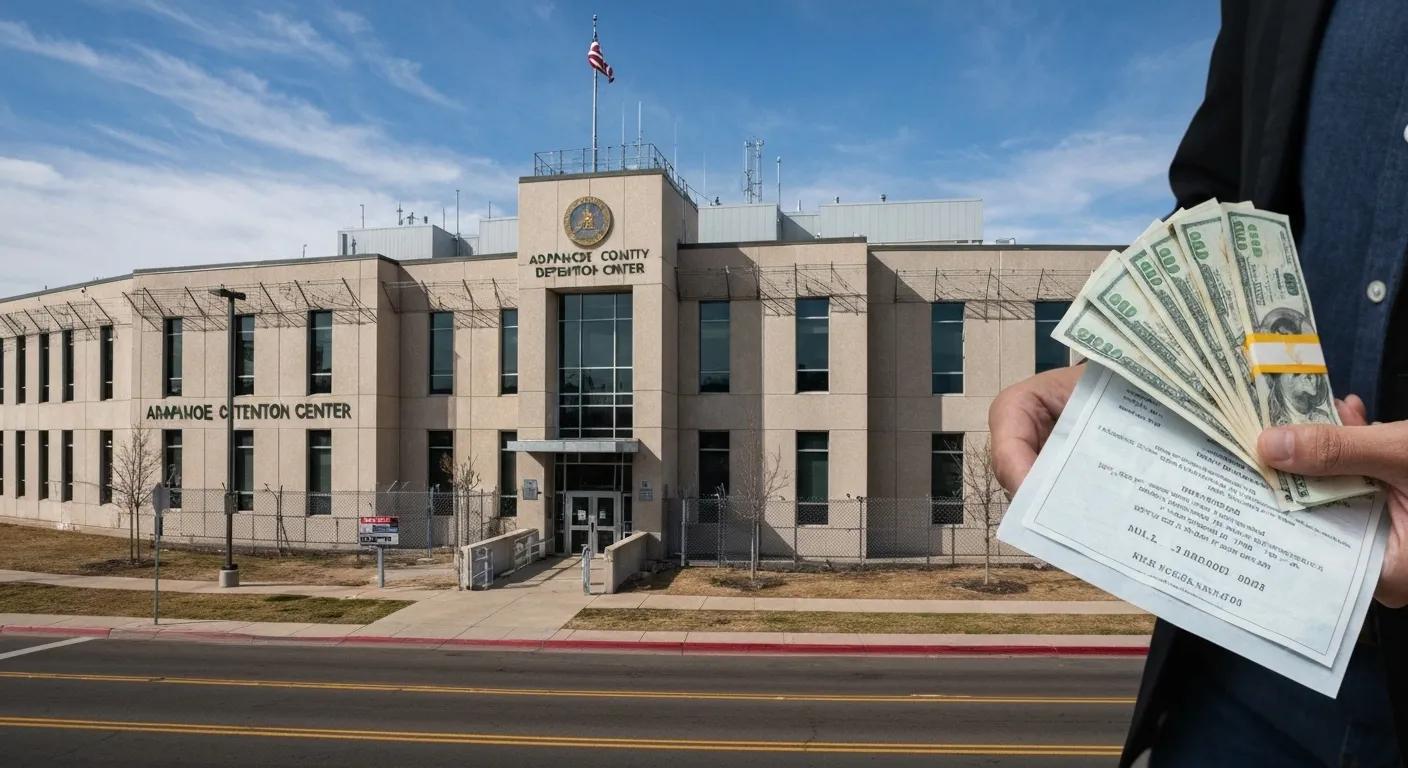bail bond agent aurora, bail bonds aurora co, aurora bondsman, bail bondsman aurora, bail bondsman aurora co, bail bond services aurora, 24 hour bail bonds aurora co, bondsman aurora co, aurora bail bonds, arapahoe bondsman, bondsman douglas county
Understanding the Bail Process in Colorado
The bail process in Colorado can be complex and varies by county. It typically begins when an individual is arrested and taken to jail, where they are booked and assigned a bail amount based on the severity of the crime. Understanding this process is crucial for anyone facing legal troubles, as it dictates the steps needed to secure release.
In Colorado, the bail amount can be influenced by various factors, including the nature of the offense, the defendant's criminal history, and flight risk. It's essential to consult with a bail bondsman who understands the local laws and can guide you through the intricacies of the bail system to ensure a smooth release.
Common Misconceptions About Bail Bonds
Many people hold misconceptions about bail bonds that can lead to confusion during a stressful time. One common myth is that bail bondsmen are only needed for serious crimes; in reality, they can assist with a wide range of charges, including misdemeanors. Understanding these misconceptions can help individuals make informed decisions when seeking bail services.
Another prevalent misconception is that paying bail directly to the court guarantees release. However, once bail is posted, it is the responsibility of the defendant to adhere to court dates. Failing to do so can result in forfeiture of bail, emphasizing the importance of understanding the responsibilities that come with securing bail.
Factors Influencing Bail Amounts in Colorado
Bail amounts in Colorado are determined by several factors, including the type of crime, the defendant's criminal history, and the perceived risk of flight. Courts typically use a bail schedule that outlines standard amounts for various offenses, but judges can adjust these based on individual circumstances.
For instance, repeat offenders may face higher bail amounts compared to first-time offenders. Additionally, if a defendant poses a significant flight risk, the court may impose a higher bail to ensure their appearance at future court dates. Understanding these factors can help individuals prepare for the financial implications of securing bail.
Steps to Take After Securing a Bail Bond
Once a bail bond has been secured, it is crucial to follow specific steps to ensure compliance with court requirements. This includes attending all scheduled court appearances and maintaining communication with the bail bondsman. Missing a court date can lead to severe consequences, including the forfeiture of the bail bond and potential arrest warrants.
Additionally, it is advisable to maintain a stable lifestyle during the bail period. This includes avoiding any legal trouble, as new charges can complicate the bail situation and may result in increased bail amounts or additional legal challenges. Staying informed and proactive is essential for anyone navigating the bail process.














































































































 720-542-3217
720-542-3217
